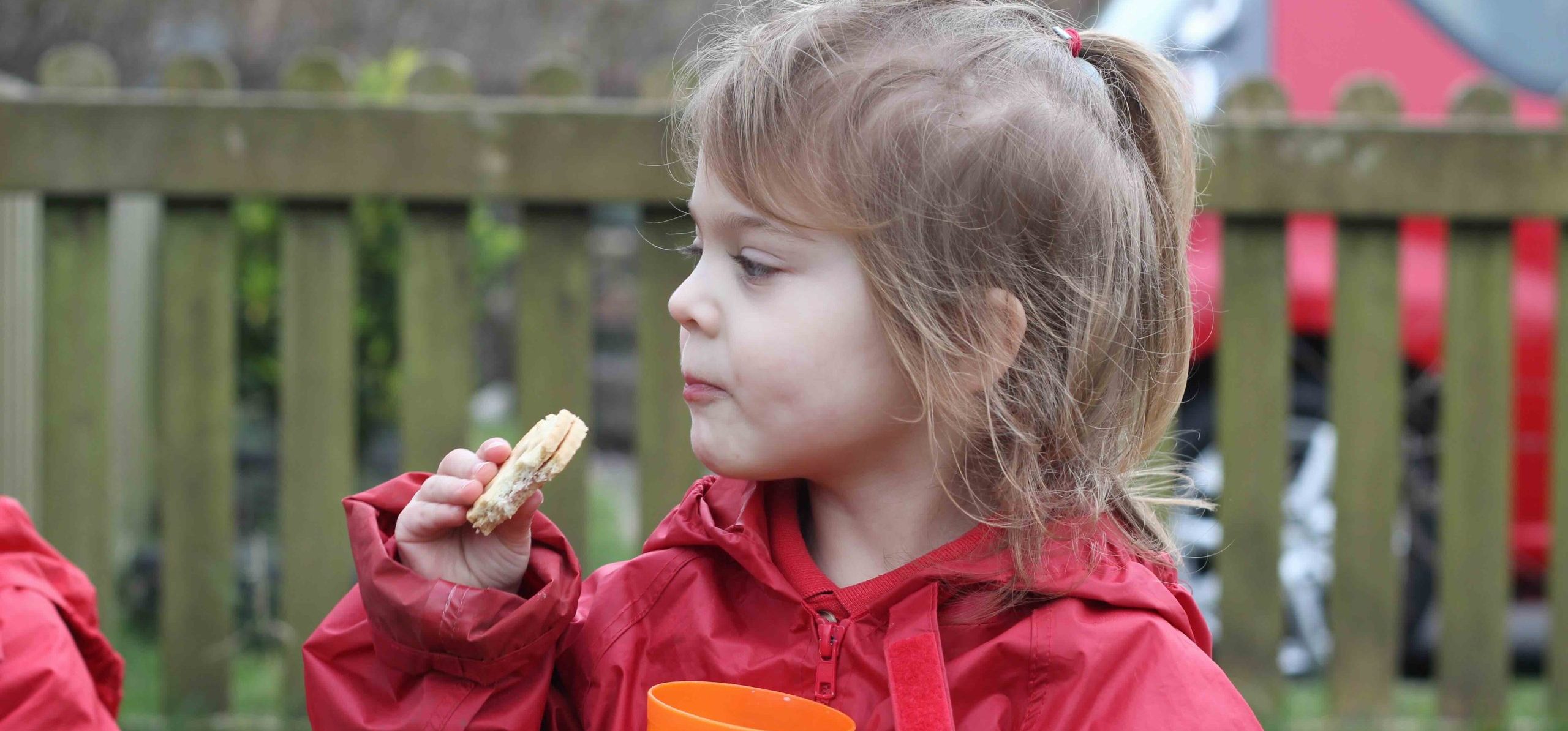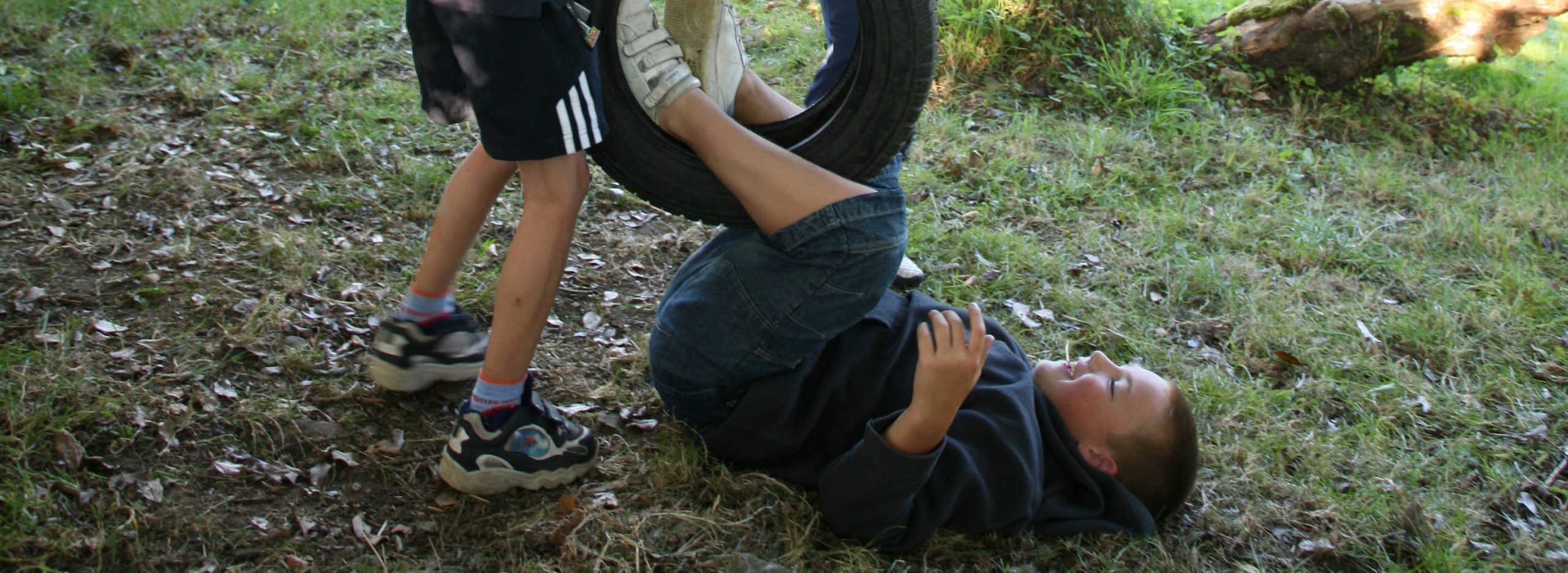Play in the Community
Food deliveries in the summer holidays
Volunteers within a network of churches across Wrexham and Rhyl make and deliver packed lunches throughout school holidays to ensure children visiting play centres receive a healthy meal.
The project is part of the Diocese of St Asaph’s commitment, in partnership with local authority play teams, to help tackle holiday hunger. The delivery of lunches to existing provision means that children are able to continue attending community play provision that meets their play needs. Karen Maurice, Communications Officer for the Diocese of St Asaph tells us more about the project.
‘We became aware of the issues caused by holiday hunger and the lack of provision in North Wales to help tackle this. Having learnt of the need, we felt we couldn’t ignore it – these children and their families are part of our communities and we wanted to show them that we cared.
As the play teams already have an excellent relationship with the children, it was important for us to work in partnership with them. They can easily identify those children requiring extra support and could approach them and their families in sensitive ways. In addition, it was important for us to support the playworkers in the excellent work they do. This small contribution helps them to deliver their service and can add an additional, complementing element to the work they do.’
According to Colin Powell, Manager at Gwenfro Valley Adventure Playground, in Wrexham, playworkers distributing the lunches means that all children are offered food. However, those who need it most can be targeted in an informal way, with no stigma attached.
He adds, ‘We had by far one of our least problematic summers when it came to dealing with challenging behaviour. Most families will know that when their young children become tired and hungry they become difficult to manage and unreasonable when trying to achieve something. The same can be said for older children and young people. However, the staff on the playground specifically wanted it stated that instances of bad behaviour were very much the exception rather than the norm and they put this fact largely down to the food available during the course of the day.’













